From distributed simulation to a fully immersive experience
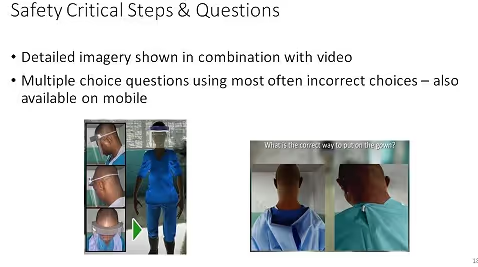
The Masanga MENTOR Ebola Initiative (MMEI) MiiHealth pilot broke new ground in distributed simulation for health training during an emergency. The pilot, which ran during the Ebola outbreak, highlighted the importance of cognitive integrity in capacity building and presents an interesting case study to illustrate the challenges of maintaining integrity during a humanitarian crisis with the human cost of any failure. This blog shows how the opportunity to improve traditional practice builds on breakthroughs in immersive experiences and augmented reality.
The danger of inconsistencies
Discrepancies between theoretical training and reality can lead to cognitive dissonance and impede training effectiveness. However using traditional practices, it is often difficult to reach consistency across all organisations and locations with inevitable variation. Analogue metrics for assessing knowledge, and ultimately competence, are also relatively crude and create an additional layer of administration.
In the context of the Ebola response, training programmes were overstretched and coordination was so challenging that it was better to rely on traditional approaches and capacity building than try anything new. Trainers were racing against time with limited resources and limited capacity to feedback ideas, or to use monitoring and evaluation data collected for donors to directly improve programmes. It was tricky to adapt training based on new international guidance and nearly impossible to tailor training to suit individual learning styles. There were also cost pressures from donors to ensure similar models amongst operational partners. Despite the rhetorical calls for innovation, in the frontline there was real fear that any deviation from tried and tested methods had the potential for confusion.
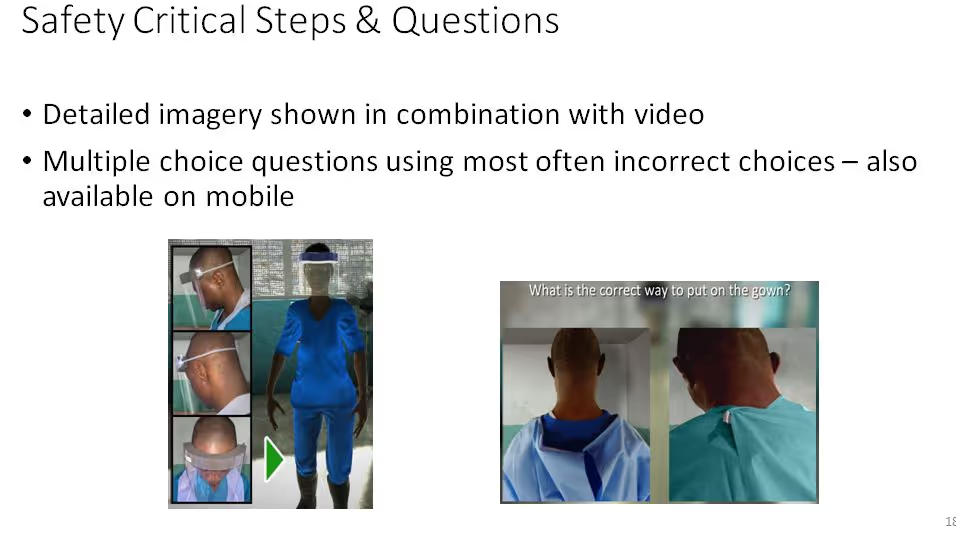
A successful pilot simulation based training project
The MMEI team showed that it was possible to quickly deploy and adapt simulation based training in an isolated setting. The tablet based programme, ebuddi, prioritised using local graphics to improve the authenticity of the simulation, even modelling avatars on the best local trainers. It was interesting to see how quickly minor discrepancies were picked up by the trainees, be it the colour of a plastic bucket or the poster on the wall of the health centre.
Authenticity and local involvement were crucial to the integrity of the learning experience, its accessibility and the confidence it instilled.
The opportunity going forwards
The ebuddi experience was two years ago and built on insights and technology from the global gaming community. Google, Facebook and Microsoft all have major programmes in immersive learning and augmented reality across a range of sectors. Piggy backing a humanitarian application on tools developed for much larger, faster moving sectors such as gaming and education, means that a reformatted ebuddi 2.0 could have an even greater impact.
One of the most widely available products in immersive education is ‘Google Expeditions’. Already in use by over a million children worldwide, it gives an opportunity to experience and learn about a normally inaccessible place or foreign idea. The app comprises 360 degree scenes or panoramas of a location (e.g. a museum, or a city like Rio de Janeiro) along with the description, points of interest and suggested questions for inquiry and discussion and instructional videos. Surely this technology could be within reach of the local humanitarian practitioner. Google Cardboard is a virtual reality (VR) platform that facilitates apps such as Google Expeditions, with a low-cost cardboard head mount encasing a smartphone.
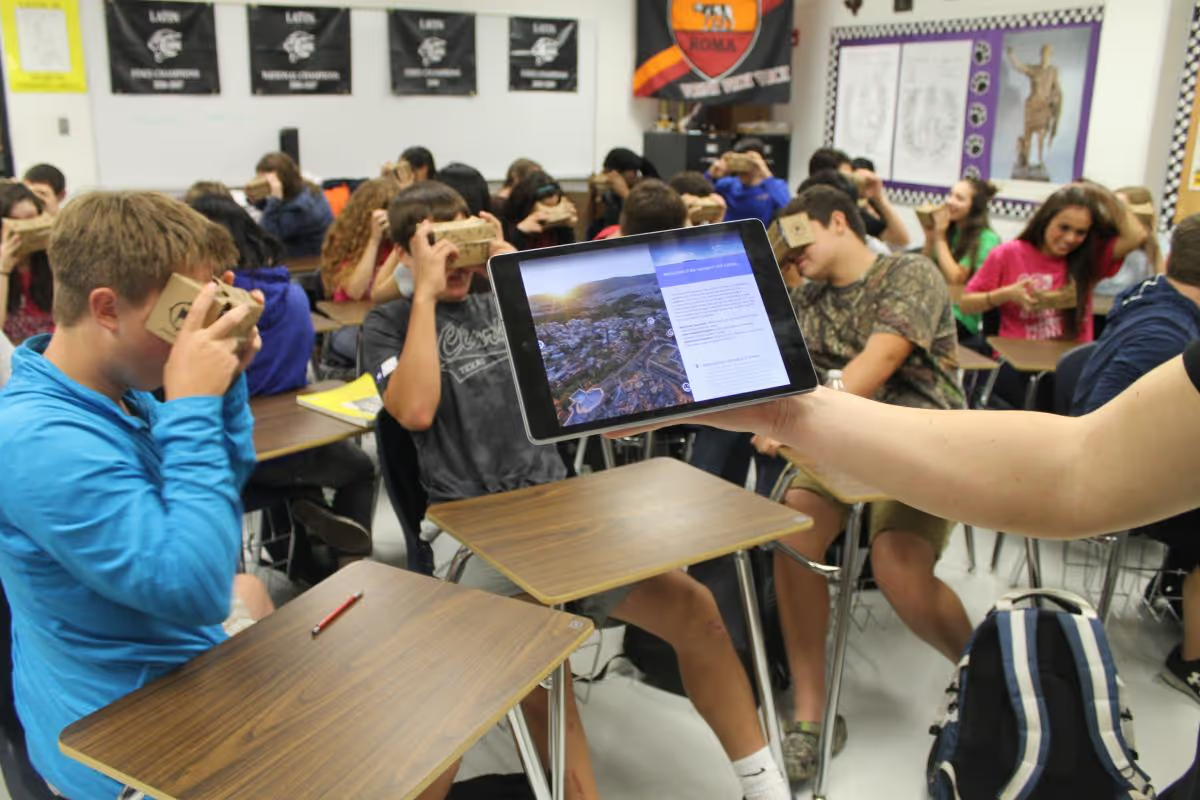
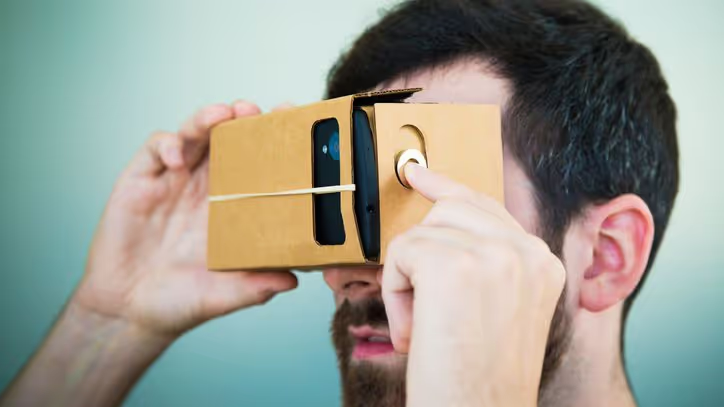
Such platforms offer a cost effective and scalable platform making immersive learning far more accessible than a tablet based approach. Integrating ebuddi with products such as Google Cardboard and Google Expeditions would transform training, making it more authentic with a greater impact than current approaches on pre-deployment training and local capacity building in emergencies.
;
;
;
This blog was co-authored with Hetty Horton from the Mentor Initiative who was the local lead in Liberia supporting the development of ebuddi for infection prevention and control training during the Ebola outbreak in West Africa.
Stay updated
Sign up for our newsletter to receive regular updates on resources, news, and insights like this. Don’t miss out on important information that can help you stay informed and engaged.
Related articles
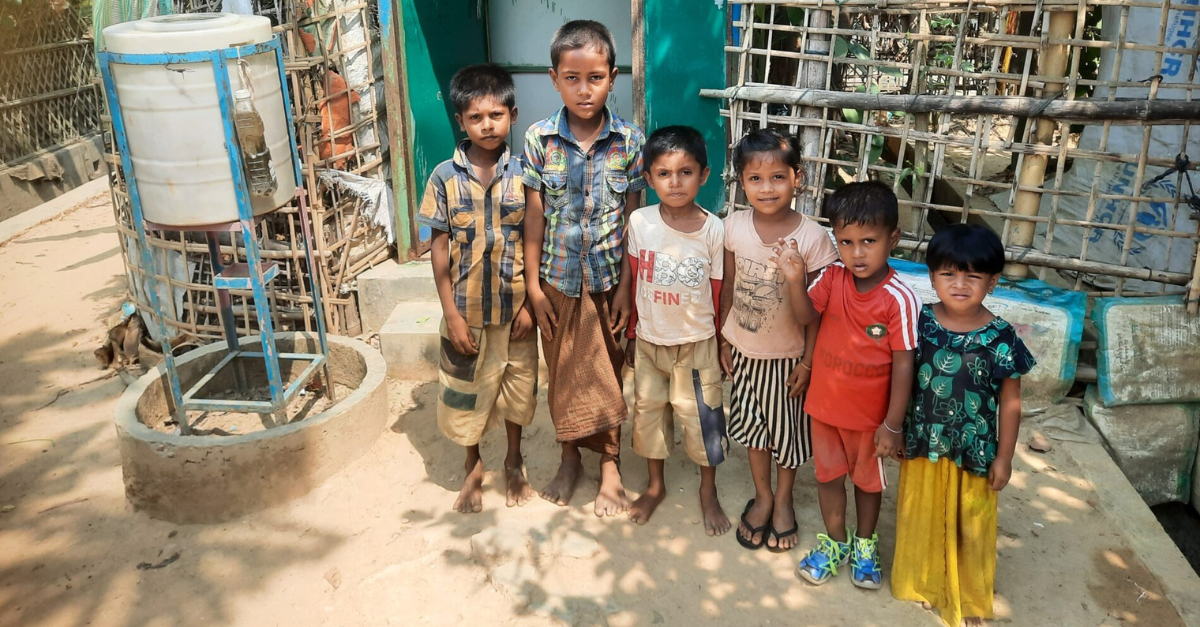
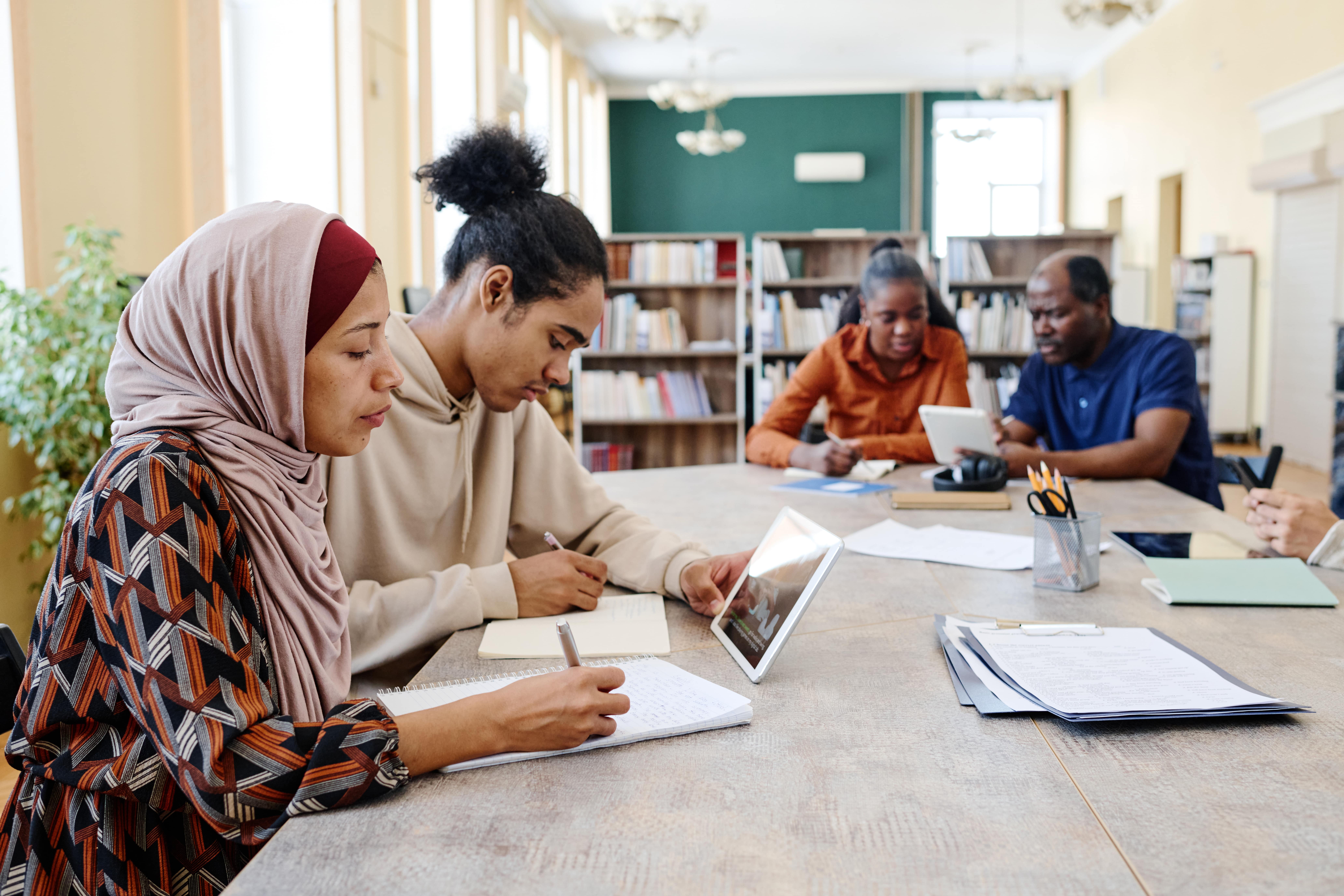
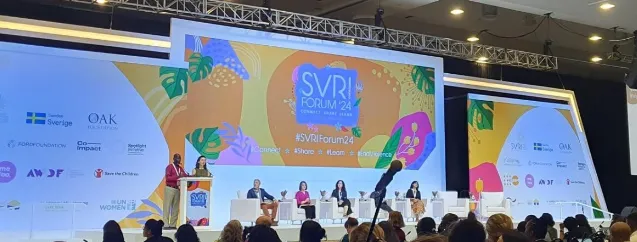
Explore Elrha
Learn more about our mission, the organisations we support, and the resources we provide to drive research and innovation in humanitarian response.